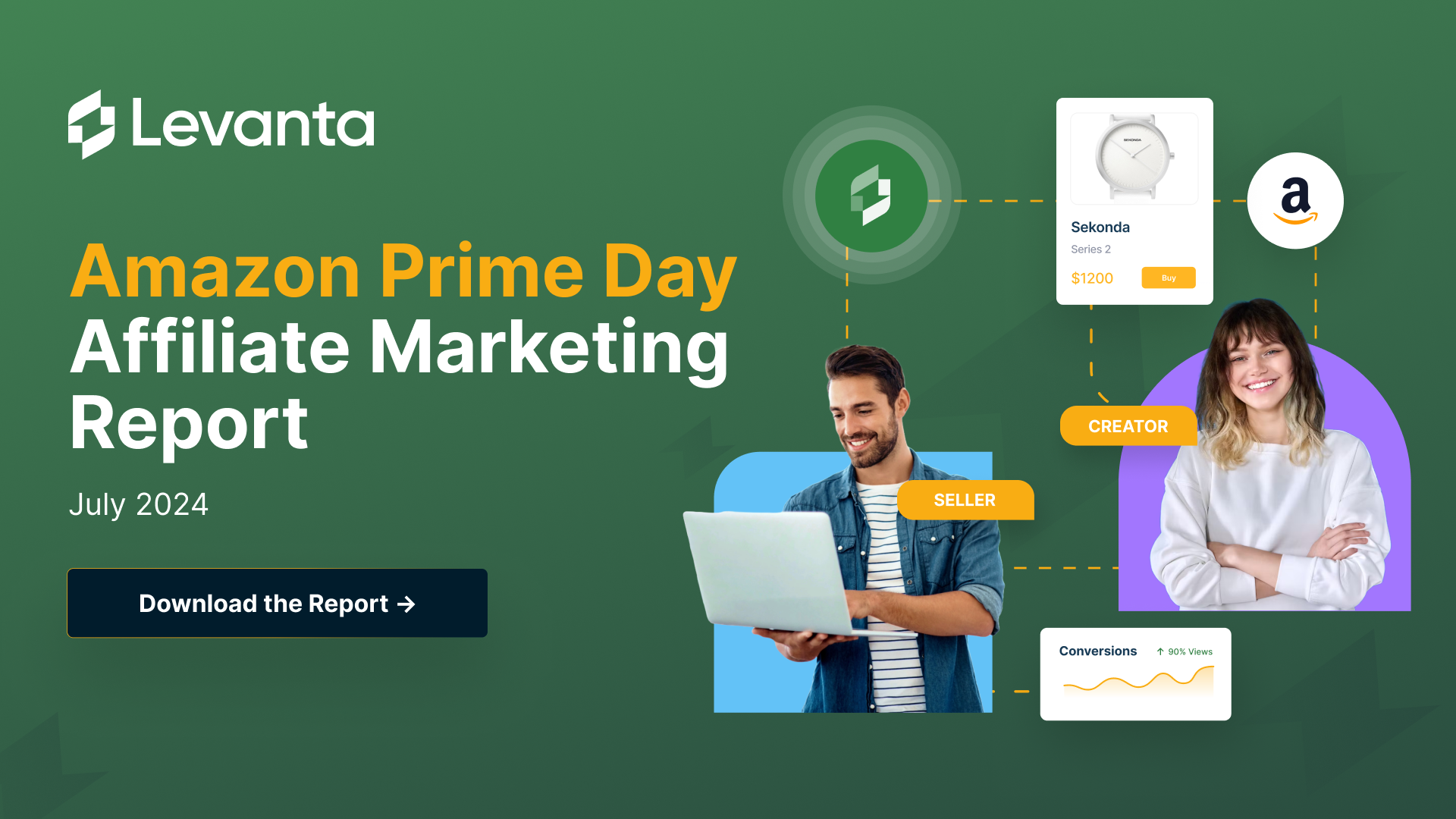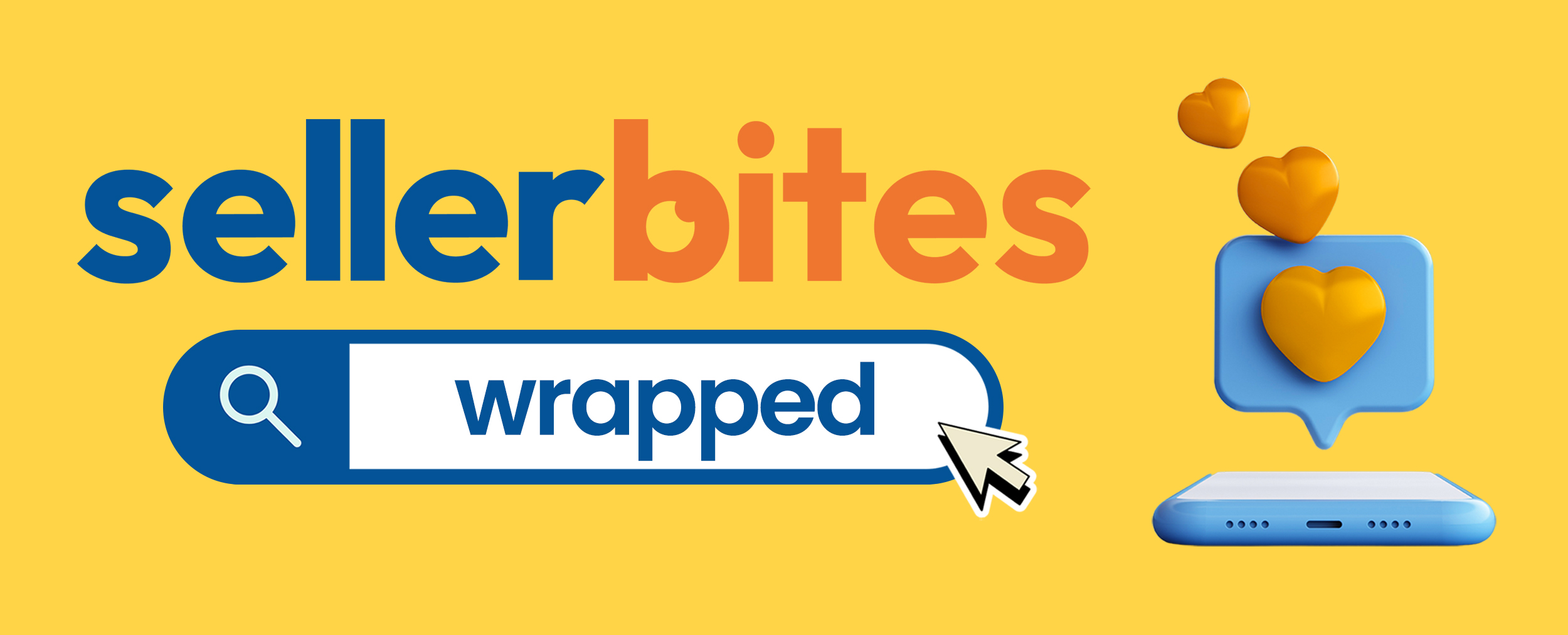Everyone’s ‘favorite’ generation, the Gen Z, plan to spend more this holiday season. Aside from big discounts, retailers are reportedly upping their AI game and social media marketing.
Do you plan to join this predictable movement or create your unique strategy to win this spend-happy consumers’ pockets? Regardless of your choice, you can definitely use the hot stuff we gathered for you today as a guide to execute your master plan.
- Influencer brands vs. Big brands ❔
- FREE and exclusive offer for Prime Day 2025 🔥
- Holiday advertising challenges and their solutions 🩼

HOT TOPIC
Since social media met ecommerce, we’ve seen new things resulting from combining both. For instance, influencers are now starting their own brands—a.k.a. influencer brands.
But how do they stack up to big brands? Can a newbie with millions of followers bridge the gap of a time-tested veteran?
🥊 Jungle Scout tells us how these two are battling it out in the largest ecommerce arena: Amazon.
Marketing strategies
- Big brands: Utilize extensive advertising budgets, sophisticated marketing strategies, and established brand authority.
- Influencer brands: Rely on organic marketing, primarily through social media. The direct promotion evokes a sense of authenticity.
Product development
- Big brands: Use resources to conduct extensive market research and develop technology. While this takes time, they manufacture durable and reliable products according to the quality they’re known for.
- Influencer brands: Act promptly on customer feedback and adapt to evolving preferences, allowing them to launch improved products faster. ⚡
Customer loyalty
- Big brands: Leverage a history of trust and nostalgia. Brand familiarity is the driver of brand loyalty.
- Influencer brands: Engage and build communities. This sense of camaraderie inspires brand loyalty and word-of-mouth marketing. 📣
Sales performance
Big brands and influencer brands can achieve niche success and mass appeal. For this round, we’re gonna do more of a comparison of standing.
- Niche marketing: This approach involves targeting a specific demographic and their needs and preferences. Influencers who engage more with their shopping community can easily shift to niche markets.
- Mass appeal: Well-known and beloved brand names reach consumers across countries and generations, so this one goes to big brands. Influencers can also reach virality but most likely reach digital generations first.
🏆 Who wins?
Needless to say, the hard-working brands are the winners.
Big brands are taking a major slice of the Amazon pie now due to their longer experience. Yet given time, influencer brands can gain enough experience and authority to scale to a big brand.
Whether you’re a big or small brand, the most important thing is to leverage your strengths and address your weak spots. It’s the only way to survive in the Amazon jungle.

TOGETHER WITH LEVANTA
Prepare early for Prime Day 2025 with this FREE and exclusive offer

Discover the detailed conversion rate lift Amazon sellers experienced from affiliate marketing, broken down by product category. See how your category performed and leverage these insights to drive even greater results next Prime Day.
Here are some key highlights:
🔶 10x sales volume on Prime Day compared to an average day
🔶 4x conversion rate compared to an average week
🔶 20% average conversion rate for top brands on Levanta
🔶 Highest Converting Category: Clothing, Shoes, and Jewelry at 36.81%

BITES OF THE WEEK
- Fighting Fakes : Did you know 131 Amazon listings of fake ink cartridge replacements were found?
- Sweet Suite: TikTok launches a new suite of AI tools for content creators.
- September Bestsellers: Here's a list of this month's top sellers, in case you need a guide on what to sell next.
- Enroll Now: Learn how to navigate Amazon selling with these top FBA courses.

TACTIC TALKS
Solve these 5 advertising challenges to enjoy a prosperous holiday season

Holiday shopping is about to kick into high gear, but this year brings a few extra hurdles for sellers like you. Stacked Marketer shared some of these challenges and how you can tackle them head-on. 🚧
- Customers spending less. Shoppers are feeling the pinch from inflation and may spend less during the holidays. Back-to-school shopping predicts lower sales overall.
- How to address: Focus on smart targeting, use tailored campaigns, and offer special discounts or bundles to stand out and attract cautious buyers.
- Rising ad costs. While shoppers are cutting back, advertisers are spending more as ad costs soar globally. This year, ad spending is growing by 7.8%!
- How to address: Start campaigns early to lock in lower costs and focus on high-ROI ads. Build an email list to engage customers directly and save on paid ads during peak times.
- Increased price sensitivity. With rising prices, shoppers are doing more research before buying. Many feel like they're getting less value for their money, and some believe businesses are raising prices without good reason.
- How to address: Offer great customer service, respond quickly to questions, and keep quality high even with price increases.
- Difficulty in measuring data. Because of privacy changes and stricter data tracking rules, it’s harder to measure ROI and target specific shoppers.
- How to address: Use tools to collect insights and focus on contextual ads. Automation can also help you adjust when data is limited.
- Decreased media consumption. Shoppers are spending less time on traditional media and social platforms.
- How to address: With fewer people seeing your ads online, try out-of-home ads like billboards or local events. This way, you’ll catch their attention even when they’re out and about.
🌟 Don’t let these challenges dim your holiday spirit. You can always turn these into opportunities by staying agile and focusing on what works best for your customers.








